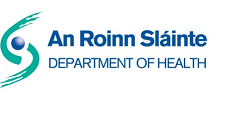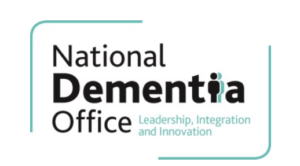
The World Health Organisation recognises Dementia as a public health priority. Worldwide, around 50 million people have dementia, and there are nearly 10 million new cases every year (1). The WHO has noted the need for improvement of information systems on dementia in its global action plan(2).
In Ireland, we do not collect data about people living with dementia in a systematic way. In addition, there is no one obvious single source for dementia data as diagnosis takes place in a variety of locations across primary and secondary care. A project funded by Dormant Accounts through the Department of Health and the National Dementia Office is currently underway to develop a model for a National Dementia Registry. This model will support the rollout of the health information activities in our National Dementia Strategy, which have the potential to improve dementia care management.
The project led by Dr Louise Hopper, managed by Christina Bowen (School of Psychology, Dublin City University), and co-designed with the active and meaningful involvement of a diverse range of stakeholders including people with dementia and their family caregivers, clinicians, and those with expertise in health informatics, information technology and patient registries. This approach has been designed to reach agreement on what dementia data matters most so that the registry model meets real identified data needs. Through a series of workshops, key requirements emerged including the importance of having dementia data regarding:
- The diagnostic process: monitoring lead times from referral to diagnosis;
- Overall Quality of Life of the person with dementia (including independence and social relationships);
- Use of dementia and anti-psychotic drugs; monitoring appropriate prescribing of psychotropic medication in line with recently published guidelines;
- Use of health services and supports for people with dementia and their caregivers.
The Irish system currently has fragmented dementia data that is mostly in paper format or in unconnected systems. This makes retrieval difficult. Our diagnostic process is not standardised and only limited data is available regarding a person’s care and treatment plan. Collecting these data in a standardised way is essential to meaningfully track outcomes that will drive change, provide a foundation for quality enhancement and add value to our health system.
A detailed report on the development of the National Dementia Registry model will be launched later this year.
References
(1) https://www.who.int/news-room/fact-sheets/detail/dementia
(2) Global action plan on the public health response to dementia 2017 – 2025
(3) Appropriate prescribing of psychotropic medication for non-cognitive symptoms in people with dementia




